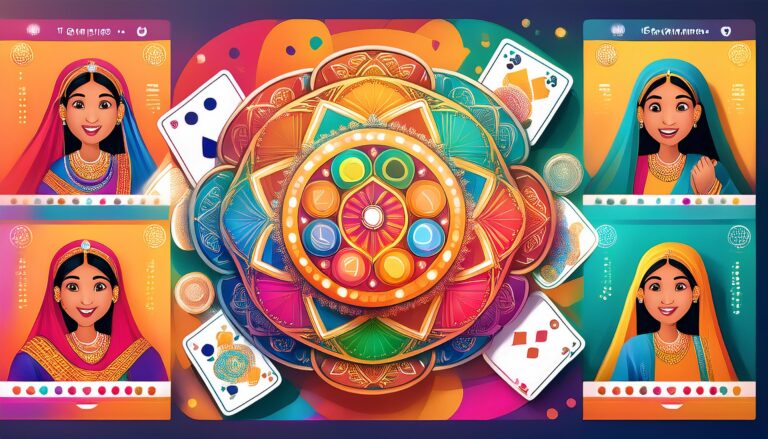Gold365: Afrofuturism in Literature: Speculative Fiction from African and African Diaspora Authors
Gold365, Gold365: Afrofuturism is a cultural aesthetic and philosophy that combines elements of science fiction, fantasy, and African or African American culture. It imagines alternate realities and futures where Black people are centered and empowered, challenging traditional narratives that often exclude or marginalize them. Afrofuturism celebrates the richness of Black culture while also critiquing societal issues such as racism, colonialism, and inequality through the lens of speculative fiction.
In Afrofuturist works, artists and writers explore themes of identity, history, and technology in ways that recenter and empower Black voices. By envisioning futures where Black people have agency and influence, Afrofuturism offers a powerful critique of the present while also inspiring hope and resilience. Through literature, music, art, and film, Afrofuturism continues to push boundaries and expand our understanding of what the future can look like for marginalized communities.
Origins of Afrofuturism in Literature
Afrofuturism in literature emerged as a visionary movement that integrates elements of science fiction, fantasy, and speculative fiction with the rich cultural heritage of the African diaspora. The origins of Afrofuturism can be traced back to the works of pioneers such as W.E.B. Du Bois and George Schuyler, who laid the foundation for this genre by exploring themes of race, identity, and technology in their writings.
Through their imaginative storytelling, these early Afrofuturist authors challenged traditional narratives and envisioned new possibilities for Black futures. By blending futuristic elements with African mythology, folklore, and history, they created a unique literary space that celebrates the resilience, creativity, and spirituality of marginalized communities. This fusion of tradition and innovation continues to inspire contemporary writers to explore Afrofuturist themes in their work, pushing the boundaries of imagination and representation in literature.
Key Themes in Afrofuturist Speculative Fiction
Afrofuturist speculative fiction often explores themes of identity and belonging, challenging traditional notions of race, gender, and culture. Through the lens of futuristic worlds and advanced technologies, Afrofuturist writers delve into questions of what it means to exist and thrive in a society that may look drastically different from our own.
Another prevalent theme in Afrofuturist speculative fiction is the reimagining of history and the retelling of narratives from a new perspective. By incorporating elements of science fiction and fantasy, authors in this genre can reconstruct historical events, offering alternative interpretations and empowering marginalized voices. Through this process, Afrofuturist literature highlights the importance of acknowledging the complexities of the past and envisioning a future that is inclusive and diverse.
What is Afrofuturism?
Afrofuturism is a cultural and artistic movement that combines elements of African and African American culture with science fiction, fantasy, and technology to envision a future centered on black experiences.
What are some key themes in Afrofuturist speculative fiction?
Some key themes in Afrofuturist speculative fiction include reimagining history, exploring alternative realities, addressing social justice issues, and celebrating black culture and identity.
How did Afrofuturism originate in literature?
Afrofuturism originated in literature through the works of authors such as Octavia Butler, Samuel R. Delany, and Nalo Hopkinson, who used science fiction and speculative fiction to explore themes of race, identity, and society from a black perspective.
Why is Afrofuturism important in literature?
Afrofuturism is important in literature because it provides a platform for marginalized voices, challenges traditional narratives, and offers a vision of the future that is inclusive and diverse.







